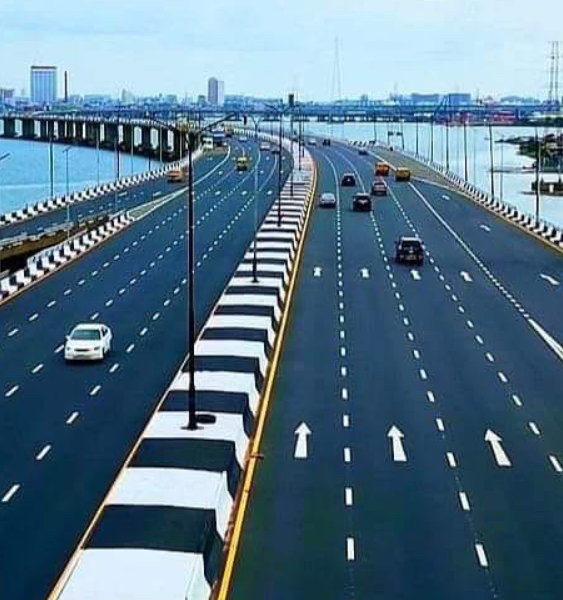Lagos State Introduces New Speed Limits To Enhance Road Safety.
In a bid to improve road safety and reduce accidents across the bustling metropolis, the Lagos State Government has announced new speed limits for key roads and bridges, effective immediately. The initiative, unveiled today, sets clear guidelines for drivers, with fines of 50,000 Naira for those caught exceeding the designated limits.

The Third Mainland Bridge, one of Africa’s longest bridges and a vital artery for Lagos commuters, now has a speed limit of 80 km/h. Meanwhile, the Epe Expressway matches this at 80 km/h, reflecting their status as major thoroughfares. Other busy routes, such as the Oshodi-Apapa Expressway and Muritala Mohammed International Airport Road, have been capped at 60 km/h to ensure safer travel.
In more built-up areas, tighter restrictions apply. The Ojota Bridge by Motorways and Allen Avenue Junction will see speed limits of 50 km/h, while the NITEL stretch along Mobolaji Bank Anthony Way, Lekki Ikoyi Bridge, Nurudeen Olowopopo Road, and various roads in Ikorodu are all set at 60 km/h.
Governor Babajide Sanwo-Olu hailed the move as a “significant step towards a safer Lagos,” noting that excessive speed has been a leading cause of road traffic incidents in the state. “These measures are designed to protect lives and ensure our roads remain a place of order, not chaos,” he said in a statement.
Enforcement will be strict, with the state deploying speed cameras and traffic officers to monitor compliance. Motorists caught flouting the rules face a hefty 50,000 Naira fine, a deterrent aimed at encouraging responsible driving.
Local residents have welcomed the announcement. Tolu Adebayo, a daily commuter on the Third Mainland Bridge, told reporters, “It’s about time. Some drivers treat this bridge like a racetrack. This will make my journey less stressful.” However, others expressed concern about potential delays, with delivery driver Chinedu Okeke noting, “I hope they consider the impact on those of us who rely on the roads for our livelihood.”
The Lagos State Government has urged drivers to familiarise themselves with the new limits and adjust their habits accordingly. With these changes, Lagos joins other global cities prioritising safety amid rapid urban growth. For now, the message is clear: slow down, or pay the price.


